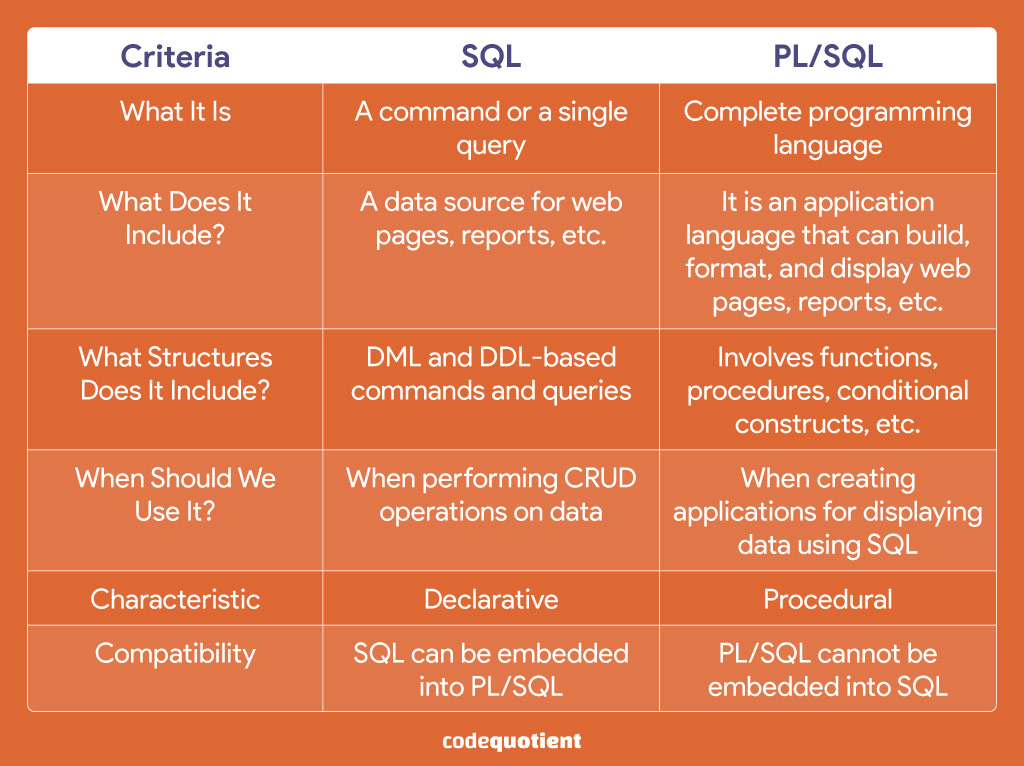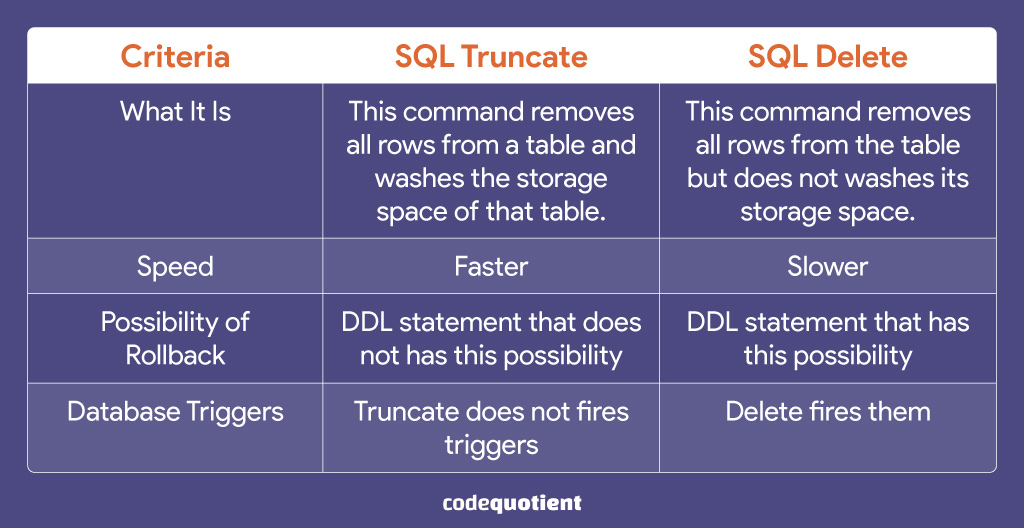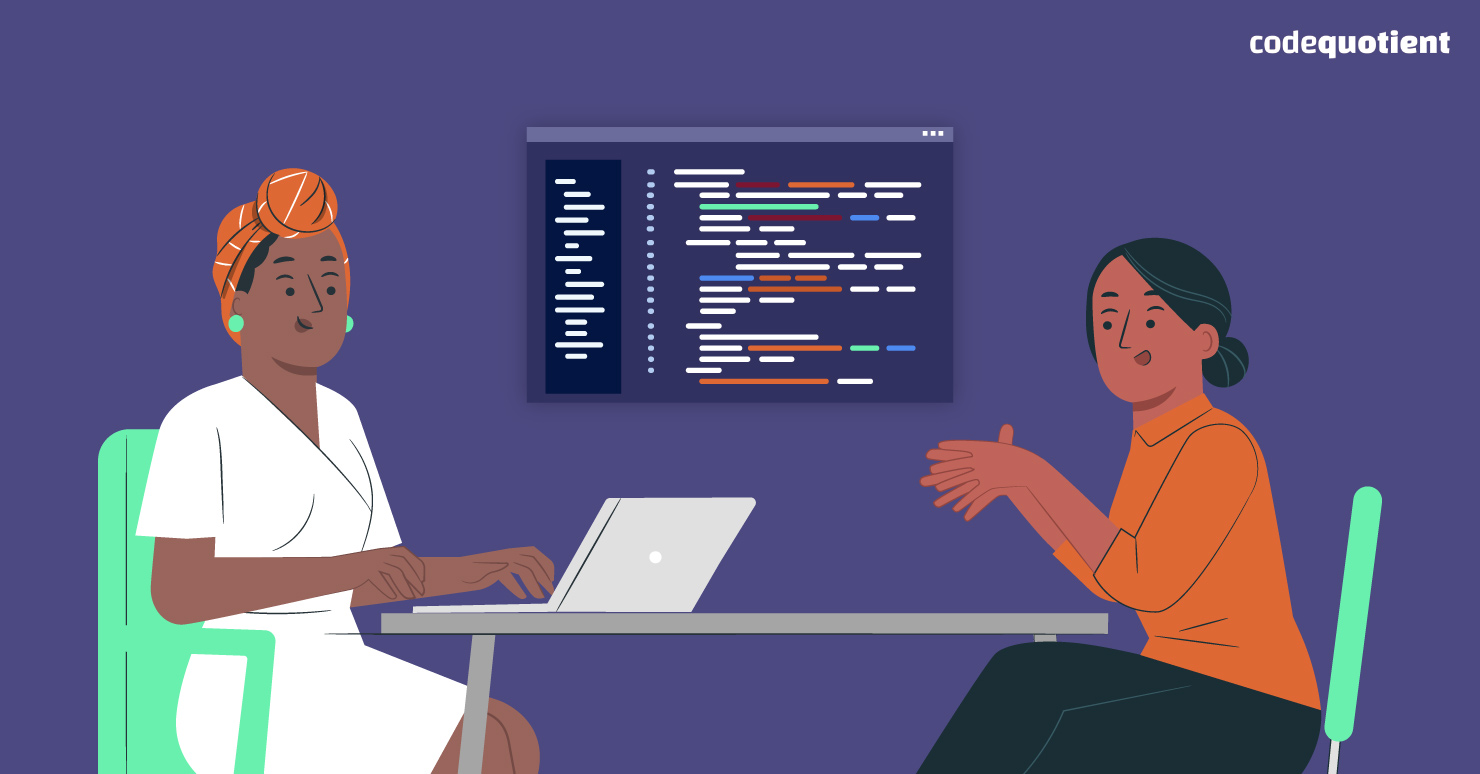Enlyft has found the total market share of Oracle PL/SQL to be 1.40%, and as many as 53,601 companies are using this language in the IT industry. This means that the language is still going strong, and your chances are bright if you aspire to be an Oracle PL/SQL Developer.
But the time for the interview is approaching, and you should have your interview questions swallowed in full. While you might already be done with the basics, here are some Oracle PL/SQL interview questions that will provide you with an added advantage in the interview.
So, without wasting any time. Let’s start!
Top 10 Oracle PL/SQL Interview Questions
Oracle PL/SQL is an SQL extension and can be understood as Procedural Language/SQL. Developers use this language to develop complex database applications using various procedures, functions, modules, control structures, etc.
Let’s discuss the various Oracle PL/SQL interview questions associated with this exciting language, and why not start with the most basic question?
1. What Is PL/SQL?
PL/SQL is a procedural language that includes interactive SQL and procedural programming language constructs like iteration and conditional branching.
2. What Is The Difference Between SQL and PL/SQL?
This is one of the most straightforward and essential Oracle PL/SQL interview questions. The answer is as follows:

3. What Do You Understand By MERGE Statement?
This statement helps update or insert rows in one table with data from one or more sources. Introduced in Oracle 9i version, it supports 9i or later version and finds its application in data warehousing apps.
4. What Is The Difference Between “Verify” and “Feedback” Command?
Verify Command confirms the changes in the SQL statements.
Syntax: SET VERIFY ON/OFF
The feedback command displays the number of records a query returned.
5. Write A PL/SQL Program To Raise A User-Defined Exception On Tuesday?
This program is a frequently asked Oracle PL/SQL interview question. It is as follows:
declare
c exception
begin
If to_char(sysdate, ‘DY)=’TUE’
then
raise c;
end if;
exception
when c then
dbms_output.put_line(‘my exception raised on Tuesday’);
end
;
The output will be received as “my exception raised on Tuesday”
6. List The Differences Between Truncate and Delete?

7. What Do You Understand By Joins, And What Are Their Types?
Joins help retrieve data from more than one table based on the relationship between the fields of these tables; keys play a critical role here.
The five different types of joins according to SQL: 1999(9i) are:
- Join USING
- Join On
- Natural/ Inner Join
- Cross Join
- Left Outer/ Right Outer/ Full Outer Join
Read More: Joins in Oracle PL/SQL
8. What Do You Mean By Triggering Events / Trigger Predicate Clauses?
When we need to perform various operations in different tables, we use triggering events within the trigger body. These are multiple insert, update, and delete clauses used in the statement and row-level triggers.
These triggering events are also called trigger predicate clauses.
Read More: Triggers in Oracle PL/SQL
9. What Do You Understand By Invalid_number & Value_error?
These two are errors Oracle server returns when we try to convert string type into number type.
Invalid_number:
Oracle returns this error when the PL/SQL code has a SQL statement, and that statement tries to convert string type into number type.
Example:
begin
Insert
intoemp(empno, ename, sal)
values(1, ‘Manoj’, ‘xyz’)
exception when invalid_number then dbms_outline.put_line(‘insert numerical data only’);
end;/
Value_error:
Oracle returns this error when some procedural statements in the PL/SQL code try to convert string type into number type.
Example:
begin
declare c number(8);
begin
c:= ‘&a’ +’&b’;
dbms.output.put_line(c);
exception when value_error then dbms_output.put_line(‘Enter only numerical data value for a and b’);
end;/
Output:
Enter the value for a: 3
Enter the value for b: 4
c: =7
Enter the value for a: a
Enter the value for b: b
Error: enter only numeric data for a and b
10. How Do You Trace The PL/SQL Code?
Tracing the code comes in handy when testing its performance at runtime. The various methods to trace PL/SQL code are:
- DBMS_SESSION and DBMS_MONITOR
- DBMS_TRACE
- Tkproof utilities and trcsess
- DBMS_APPLICATION_INFO
Can You Do Better With More Help?
Above were some of the essential Oracle PL/SQL interview questions. Self-study for interviews can get really demanding as there is so much to do!
You stand a brighter chance if you enrol in CodeQuotient’s FREE coding program for their learners- SuperCoders Program. Indeed, they prepare you for everything from aptitude tests to interviews at the finest companies across the globe.
Contact us to gain practical skills and confidence to help you beat every challenge and land your dream job.




